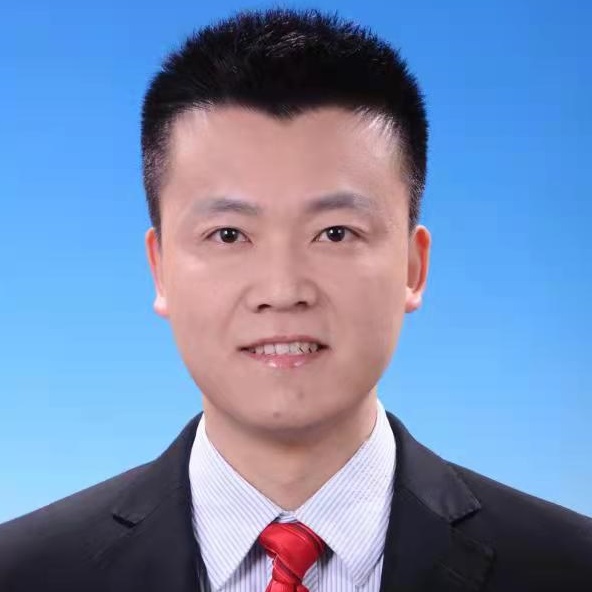Recent years have seen the widespread of artificial intelligence (AI) technologies in healthcare systems: from fundamental laboratory diagnosis to clinical medical treatments. In academics, AI has shown great potential to help medical professionals in tedious routine diagnosis and treatment planning procedures. Meanwhile, in industry, more and more health care systems are being developed with great ambition to occupy the huge market. However, there are still many concerns from the medical community: What are the principles behind the AI algorithms deployed in healthcare systems? Is the AI black box reasonable and interpretable? How could a clinician trust the AI-based systems? Will the AI-based systems be safe/reliable enough? In this talk, we’ll discuss these issues and show that to solve these challenges, cooperation among clinical, industry, academic, and government is needed.

Director, Department of Artificial Intelligence
College of Computer and Information Engineering
Henan Normal University
Visiting professor at The Frankfurt University of Applied Sciences
Research scientist at The University of Sydney
Hualei Shen is currently an associate professor and director of the Department of Artificial Intelligence, College of Computer and Information Engineering, Henan Normal University. His research interests include deep learning, subspace learning, and their applications in healthcare systems. He has published many papers in this area and was financially supported by national and local research projects, such as the National Science Foundation of China and the Scientific & Technology Research Project of Henan Province. He had worked as a visiting professor at The Frankfurt University of Applied Sciences, and a research scientist at The University of Sydney. He received his B.S., M.Sc., and Ph.D. degrees all in computer science from Henan Normal University, University of Science & Technology Beijing, and Beihang University, respectively.